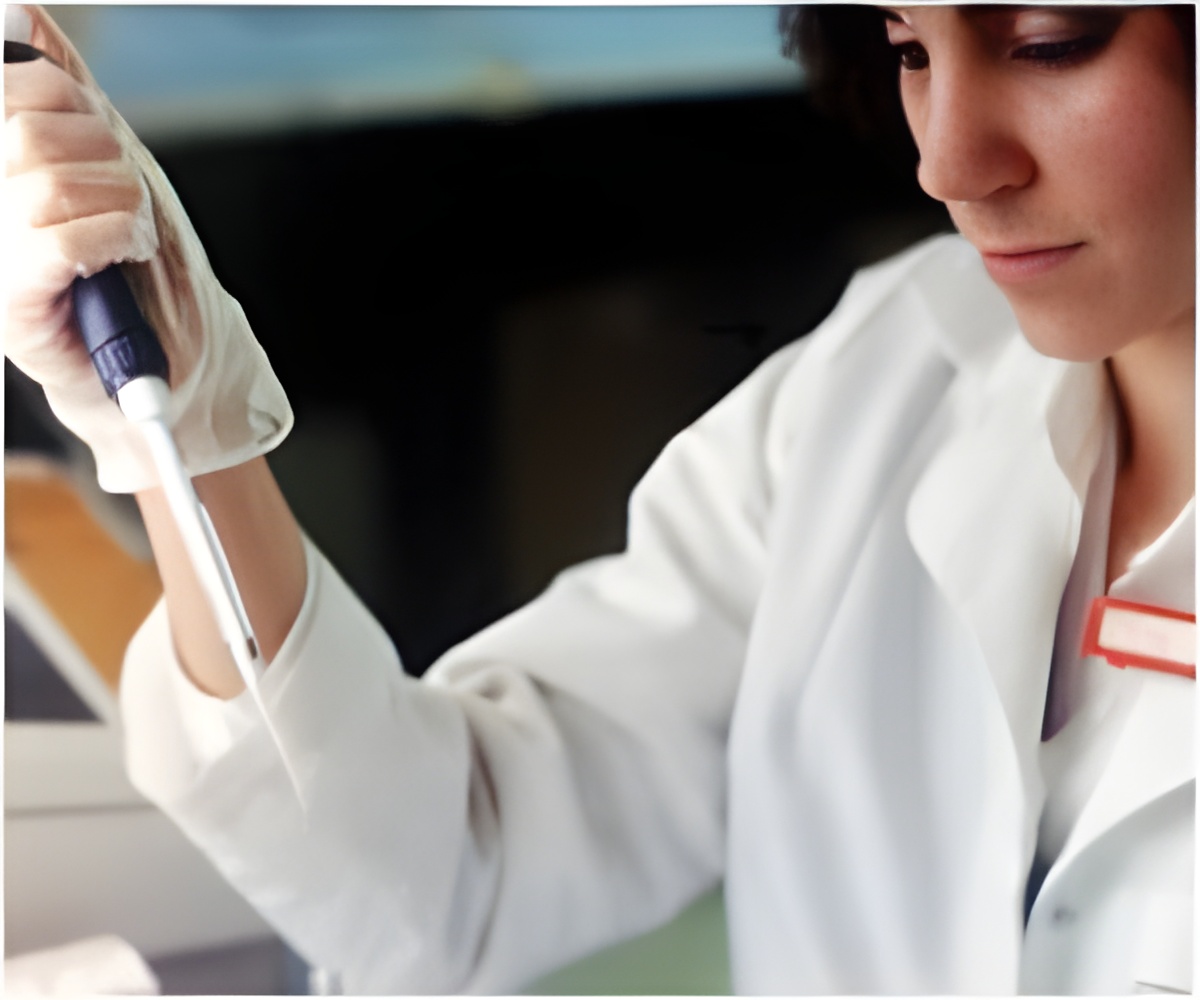Nearly one-fifth of patients with cancer experience post-traumatic stress disorder (PTSD), finds a study.
Post-traumatic stress disorder (PTSD) is a disorder that develops in some people who have experienced a shocking, scary, or dangerous event.
Nearly one-fifth of patients with cancer experience PTSD, finds a study highlighting the need for early identification, careful monitoring and treatment of PTSD in cancer survivors. Although PTSD is primarily known to develop in individuals following a traumatic event such as a serious accident or natural disaster, it can also occur in patients diagnosed with cancer.
TOP INSIGHT
People who have PTSD may feel stressed or frightened even when they are not in danger. It can also occur in patients diagnosed with cancer.
"Many cancer patients believe they need to adopt a 'warrior mentality', and remain positive and optimistic from diagnosis through treatment to stand a better chance of beating their cancer. To these patients, seeking help for the emotional issues they face is akin to admitting weakness," said Caryn Mei Hsien Chan, from the National University of Malaysia.
"There needs to be greater awareness that there is nothing wrong with getting help to manage the emotional upheaval, particularly depression, anxiety, and PTSD post-cancer," Chan said.
Moreover, many patients also live in fear that their cancer may come back and they may think the cancer has returned with every lump or bump, pain or ache, fatigue or fever.
In addition, survivors might skip visits to their oncologists or other physicians to avoid triggering memories of their past cancer experience.
This can lead to delays in seeking help for new symptoms or even refusal of treatment for unrelated conditions, the researchers noted.
"We need psychological evaluation and support services for patients with cancer at an initial stage and at continued follows-up because psychological well-being and mental health -- and by extension, quality of life -- are just as important as physical health," Chan said.
For the study, published in the journal Cancer, the team examined 469 adults with various cancer types and found a PTSD incidence of 21.7 percent at 6-months follow-up.
Although the rates dropped to 6.1 percent at 4-years follow-up, roughly one-third of patients were found to have persistent or worsening symptoms four years later.
Source-IANS

 MEDINDIA
MEDINDIA




 Email
Email










